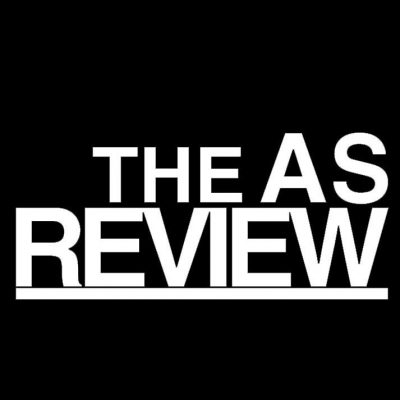By Gwen Frost
You buy your $12 ticket online, waiting for the show of a band you really like, but you especially just love this one song. It’s the first song you heard by them, years ago, and it would be surreal to watch them play it, to have all the words you of course still know by heart come out and sing along with all the other fans in the audience.
Then they only play their new stuff.
Walking from the concert, you’re disappointed. Sure, they never promised to play your favorite songs, but shouldn’t we be able to expect our favorite bands to play stuff we want to hear?
Maybe.
Musical artists have to deal with this sense of obligation to their audience, juxtaposed with their desire to really own their music. Who is in control of the art they make and perform if they are not doing it for themselves?
Daisey Meisler is the singer of Lickety Spliff, a local Bellingham band born in 2017. Meisler felt that the audience’s desires played a pivotal role in the kind of art she performed, and eventually, a role in the art that she created.
“When I started performing in front of an audience, I realized to keep them entertained I had to make music people could dance to, which completely changed how I started writing songs as well as performing them,” said Meisler.
“I tried to change the songs so that people could respond to them in a different way. I perform the same songs now that i originally wrote to be soft and slow, but loud and fast. I scream when I sing now, which I would never have done originally,”she continued.
In some senses, audience expectations necessitate a morphing of your art in the same way positive (or negative) feedback about a new shirt would.
“I can’t imagine playing the old soft stuff to the same crowd,” said Meisler. “It just doesn’t make well for an interesting live performance, and it’s certainly not the kind of music that a crowd of drunk college students could dance to.”
Nick Emard was a part of music group Dog Mountain for about four years, and now performs with the bands Cavurn and Ever Ending Kicks. Emard plans on making a solo album this year as well.
Part of the process of composing songs, and rehearsing for Emard is “making conscious decisions about how your art will be received and kind of what niche you intend to tap into.”
“I think that I have as much as an obligation to the musicians that I am performing with and to myself as I do an audience, to create music that will resonate on some level,” Emard said .
There is further complexity when the role of money compounds the feeling of a certain entitlement from audience members. You payed for an experience, and you want your monies worth. But in the relationship between performer and audience, there is more going on than just an exchange of goods and services.
Meisler spoke to this relationship.
“I think live music specifically has an interesting relationship between artist and viewer because you’re right there with them, singing lyrics about your personal life and giving all of this expressive energy in person,” she said.
“It’s such an incredible and indescribable feeling to be playing a song and having people in the audience sing along with you. They know the words because they like the music enough to pay attention,” said Meisler.
“Or they’ve been to enough shows that they just catch on with the lyrics which is also great because it means that they care! It’s great having people express genuine interest in what you have to say,” she continued
Part of Emard’s Fairhaven concentration focused on fostering community as the bridge between artist and audience, and he did a lot of that work through experiential means.
“I booked shows for years at Make.Shift Art Space and what I liked so much about being involved at a space like that is fostering that relationship between artists and their audiences,” said Emard.
The relationship between performer and artist is just that- it’s a relationship. Not a obligational contract, but a shared love for the same music that brought you both to be here at the same time, in this venue or house.
The sweet spot in this relationship is when the music performed is the music desired. But musicians make art, and they show us the art they are proud of. It is theirs.
You may have the obligation to say, or sing, only what someone else wants to hear, but you may also know that it’s not really going to be coming from you if you do it.

